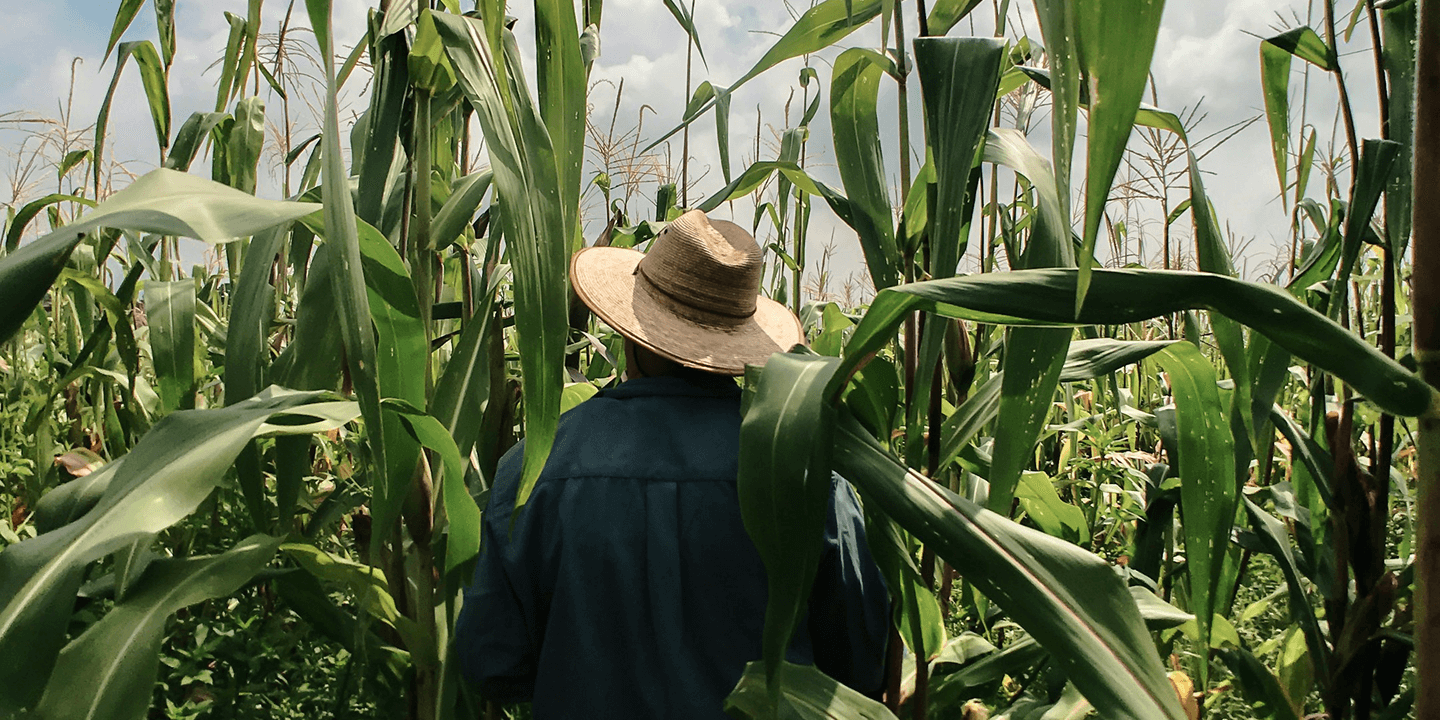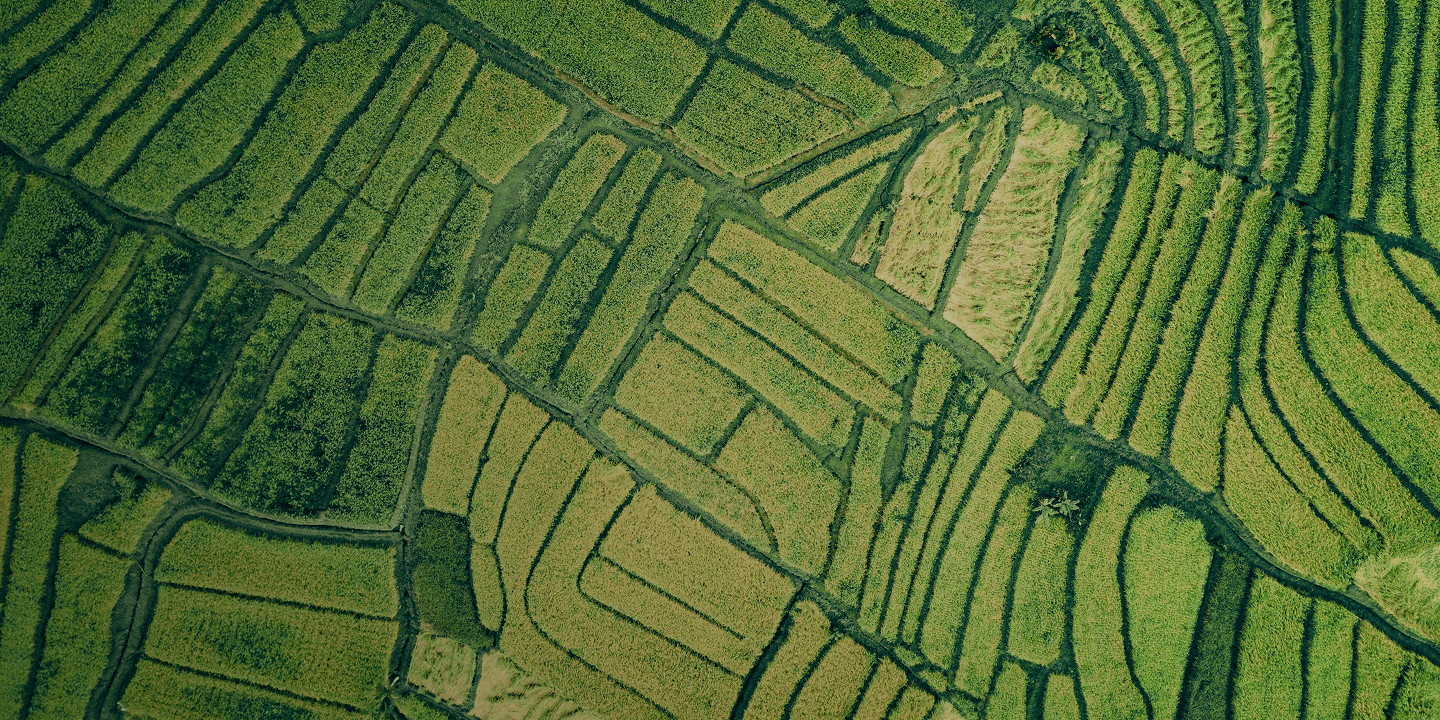- CIX Nature X will be first standardised contract to launch on CIX’s spot exchange
- Curated contracts provide delivery certainty from a more representative and fungible basket
- Robust contract governance process, aligned with global best practices for benchmarking
Singapore and London, 23 March 2023 – Climate Impact X (CIX), a global marketplace, auctions house and exchange for trusted carbon credits, is set to launch a nature-based standardised contract in the company’s upcoming spot trading platform, CIX Exchange. CIX Nature X (‘Nature X’), which will trade under the contract code CNX, is innovatively designed to address key market concerns over project delivery risk, market-representative pricing and fragmented liquidity in the voluntary carbon market. Validated through extensive industry consultation, Nature X will deliver a market-driven price benchmark, with enhanced transparency benefitting the industry at large.
At launch, Nature X represents a curated delivery basket of 11 large, well-established and globally- accepted carbon credit projects that support Reducing Emissions from Deforestation and Forest Degradation, the conservation and sustainable management of forests, and the enhancement of forest carbon stocks (REDD+). Combined, these 11 projects from across the Americas, Africa and Asia account for close to two-thirds of all global REDD+ market volumes. Nature X will contain four tradable contracts at inception, each representing credit vintages over a fixed period of four years between 2016 and 2022.
Nature X has been curated to be precise enough to ensure confidence and certainty in the project credits delivered, while remaining broad enough for ample liquidity and to mitigate any potential concentration risk or sudden market or regulatory developments. Each lot of CNX equates to 1,000 carbon credits, where each credit represents one tonne of reduced or avoided carbon dioxide from the verified projects.
Tom Enger, Head of Product at CIX, said, “As the largest single category of voluntary market carbon credits today by volume of credits issued and retired, REDD+ is an essential part of global decarbonisation, and will serve long-term as a critical marker for all nature-based credits. CIX has developed with broad industry support a clear and simplified contract mechanism for on-exchange transactions, together with best practice contract governance to provide stability. These elements are cornerstones for a robust spot market, which in turn is fundamental for funnelling investment, confidence and new participants into the carbon market to help it scale.”
In curating projects for contractual delivery into Nature X, CIX considers the size of a project by volume of issued and unretired credits; the recognition of a project among active market participants and by independent carbon rating agencies; and its level of traded activity in the spot market. Qualifying projects should also not show specific characteristics which adversely affect their tradability, broad market acceptability or price.
A more focused delivery selection improves contract fungibility, reduces market information asymmetry and mitigates distortive price signals that can occur when sellers have a wide choice of deliverable projects, and when buyers have less familiarity or resources for active due diligence on many new projects globally. CIX’s curated contract basket and a prompt benchmark contract for vintages of 2019-2022, enables a daily global pricing benchmark that is more tightly representative of the market value of leading nature-based projects.
Julien Hall, Pricing Director at CIX, said, “CIX is creating a more fungible spot contract, reducing the risk of buying and selling recently issued credits, and ultimately enabling more market participants to transact with confidence and accuracy. Bids, offers and trades of the Nature X contract by core market participants in a concentrated daily trading session will shine a clear light on market value. This nexus of price formation and liquidity will underpin a robust and representative nature-based spot benchmark, which should build confidence in fairly-priced project differentials, forward contracts and ultimately futures.”
Nature X’s delivery basket is designed to evolve over time in response to market conditions, ensuring ongoing relevance, contract integrity and transparency; and hereby the contract remains representative of the market while also catering for future market scaling. Contract changes will be made in accordance with CIX’s robust governance process, using international best practice, and through open consultation with the market, to ensure benchmark stability.
Chris Leeds, Head of Carbon Markets Development, Standard Chartered, said, “With a collective goal to bring confidence and greater transparency to the carbon offset market, Standard Chartered is pleased to have supported CIX in the development of Nature X. A standardised benchmark, with carbon credit prices determined by supply and demand for a named set of projects, will help to boost market liquidity and channel the money needed to fund emissions-reduction projects globally. By bringing together similar high-integrity nature-based projects, we expect to see a consensus price emerge and a fair value ascertained for these and similar projects. Such a development will inspire confidence and encourage more participants to enter the carbon markets.”
Projects with credits eligible for delivery into CIX Nature X contract:
- The Kasigau Corridor REDD Project Phase ll – The Community Ranches, Kenya
- Rimba Raya Biodiversity Reserve Project, Indonesia
- The Mai Ndombe REDD+ Project, Democratic Republic of the Congo
- Cordillera Azul National Park REDD Project, Peru
- REDD in Tambopata National Reserve and Bahuaja-Sonene National Park, Brazil
- The Envira Amazonia Project – A Tropical Forest Conservation Project in Acre, Brazil
- Katingan Peatland Restoration and Conservation Project, Indonesia
- REDD+ Project for Caribbean Guatemala: The Conservation Coast, Guatemala
- Reduced Emissions from Deforestation and Degradation in Keo Seima Wildlife Sanctuary, Cambodia
- Southern Cardamom REDD+ Project, Cambodia
- Rio-Anapu Pacaja REDD Project, Brazil
Note to Editors:
- REDD+ is an essential climate change mitigation framework developed by the Parties to the United Nations Framework Convention on Climate Change (UNFCCC).
- Other nature-based credit types include carbon removal by afforestation, reforestation and revegetation (ARR), improved forest management (IFM), sustained grassland management and soil carbon, blue carbon (restoration of mangrove forests, tidal and salt marshes, seagrass meadows, seaweed aquaculture and kelp forests), wetland restoration and emerging jurisdictional REDD projects.
For more information, please contact:
Climate Impact X
Daphne Chuah
daphne.chuah@climateimpactx.com








